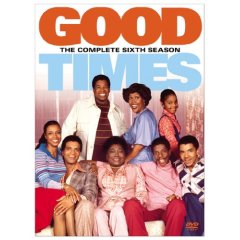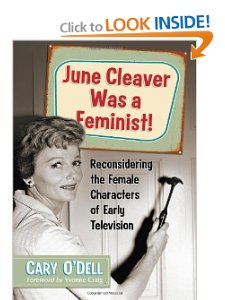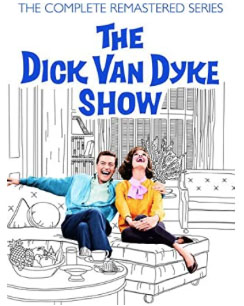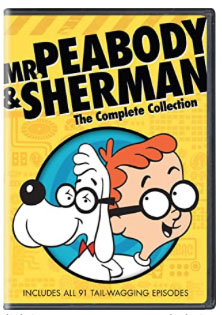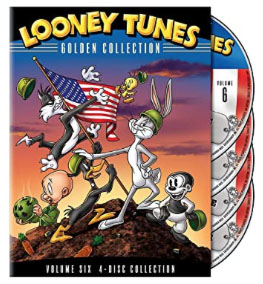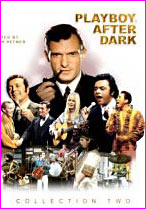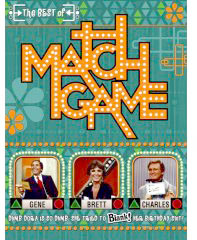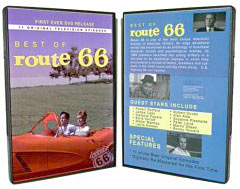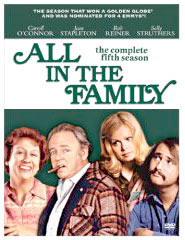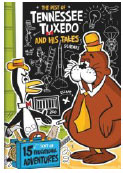| 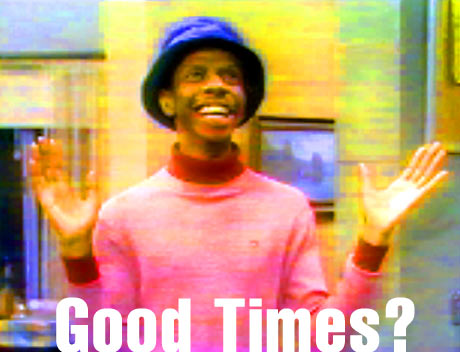
by
Billy (Dy-no-mite!) Ingram
PART 1
/ 2 / 3
PART
TWO: / Times turn bad
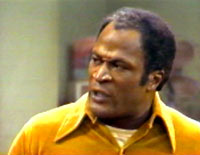 Esther
Rolle and John Amos were furious that the direction of their show had
turned to what they believed was offensive comedy. Esther
Rolle and John Amos were furious that the direction of their show had
turned to what they believed was offensive comedy.
"The
writers would prefer to put a chicken hat on J.J. and have him prance
around saying 'DY-NO-MITE,'" John Amos blasted. "And that
way they could waste a few minutes and not have to write meaningful
dialogue."
The lead actors were led to believe that the program would be more serious
in nature, that the characters on 'Good Times' could provide positive
role models for young people in similar surroundings. For that very
reason, it was Rolle's insistence at the beginning that the Evans be
a two parent family. CBS wanted a sitcom about a single mom.
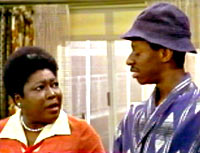 "He's
eighteen and he doesn't work," Rolle commented to Ebony Magazine
about the JJ character in 1975. "He can't read or write. He doesn't
think. The show didn't start out to be that. Michael's role of a bright,
thinking child, has been reduced. Little by little - with the help of
the artist, I suppose, because they couldn't do that to me - they have
made J.J. more stupid and enlarged the role. Negative images have been
slipped in on us through the character of the oldest child." "He's
eighteen and he doesn't work," Rolle commented to Ebony Magazine
about the JJ character in 1975. "He can't read or write. He doesn't
think. The show didn't start out to be that. Michael's role of a bright,
thinking child, has been reduced. Little by little - with the help of
the artist, I suppose, because they couldn't do that to me - they have
made J.J. more stupid and enlarged the role. Negative images have been
slipped in on us through the character of the oldest child."
STORY
CONTINUES AFTER THIS AD
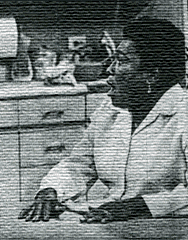 Esther
Rolle was already used to controversy by the time 'Good Times' aired. Esther
Rolle was already used to controversy by the time 'Good Times' aired.
When 'Maude'
debuted in 1972, there was an uproar when executive producer Norman
Lear cast a black woman in the role of the maid - it was time to bury
these stereotypes, not create a new generation of them, critics complained.
But Lear was looking for a character that could provide a credible counterpoint
to Bea Arthur's 'loveable' liberal, someone of color that could comment
on timely racial conflicts.
(When Rolle
signed to do 'Good Times', Lear didn't dare immediately cast another
black woman as Maude's maid, so the part went to acclaimed British actress
Hermoine Baddeley.)
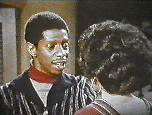 For
his part, Jimmie Walker stayed above the fray, concentrating on his
nightclub act instead. "I'm no actor," he told TV Guide. "I'm a comic
who lucked into a good thing. What the show has done for me, with all
that exposure, is get me where I'm goin' a lot quicker." For
his part, Jimmie Walker stayed above the fray, concentrating on his
nightclub act instead. "I'm no actor," he told TV Guide. "I'm a comic
who lucked into a good thing. What the show has done for me, with all
that exposure, is get me where I'm goin' a lot quicker."
When
the 1975-76 season rolled around, both Amos and Rolle threatened to
quit if something wasn't done about the show's shifting focus and negative
images. Both actors were given fat raises to stay, but Amos still held
out until the eleventh hour, and writers were prepared to do away with
his character in case he chose not to return.
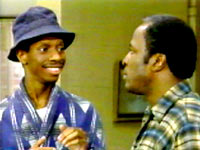 Typical
plots during the 1975-76 season: the family throws a rent party for
a neighbor, a hood wants to exhibit JJ's paintings and James brings
home a gun for his family's protection even though Florida's dead-set
against it. Typical
plots during the 1975-76 season: the family throws a rent party for
a neighbor, a hood wants to exhibit JJ's paintings and James brings
home a gun for his family's protection even though Florida's dead-set
against it.
Ratings
dipped as the show competed with the monster hit 'Happy Days' on ABC,
so Johnny Brown ('Laugh-In') joined the cast as Bookman, the useless
building superintendent, providing another comic foil to play off of
the Evan's family.
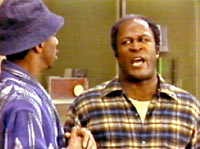 In
the fall of 1976, John Amos left the series. "I did not quit the show
but was in fact fired," the acclaimed stage and screen actor tells TVparty.
"I was informed by phone that I was considered a disruptive factor and
that my option would not be picked up for that season or any other episodes." In
the fall of 1976, John Amos left the series. "I did not quit the show
but was in fact fired," the acclaimed stage and screen actor tells TVparty.
"I was informed by phone that I was considered a disruptive factor and
that my option would not be picked up for that season or any other episodes."
John
Amos can be found on the web at www.halleyscomet.com,
promoting his excellent one man show currently on tour.
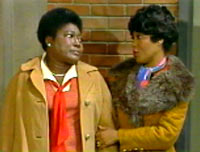 The
character of James was written out with the explanation that he was
going to work in a garage in Mississippi, but was killed in a car accident
before the family could join him. With no strong male character, dramatic
actor Moses Gunn signed on to be Florida's new love interest, Carl Dixon. The
character of James was written out with the explanation that he was
going to work in a garage in Mississippi, but was killed in a car accident
before the family could join him. With no strong male character, dramatic
actor Moses Gunn signed on to be Florida's new love interest, Carl Dixon.
JJ
became even more of a focus for the series, and this (may have) lead
to Esther Rolle's abrupt departure from 'Good Times' in 1977. The official
explanation was that the actress was ill and unable to return to the
show. A new storyline was created that had Florida marrying Carl over
the summer - while they were on their honeymoon, the couple decided
to stay down south for Carl's health.
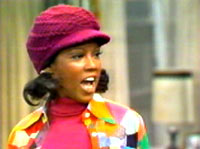 The
Evan's family went from a two-parent family to a no-parent family, with
good neighbor Willona looking in on the kids every once in a while.
A new character was introduced for the 1977-78 season - Janet Jackson
(yes, that Janet Jackson) as a sassy tike named Penny - Willona's newly
adopted daughter. JJ got a job as an artist for an ad agency so he could
finally support the family. Ironically, it was the departure of the
lead actors that ultimately forced the JJ character to grow up. The
Evan's family went from a two-parent family to a no-parent family, with
good neighbor Willona looking in on the kids every once in a while.
A new character was introduced for the 1977-78 season - Janet Jackson
(yes, that Janet Jackson) as a sassy tike named Penny - Willona's newly
adopted daughter. JJ got a job as an artist for an ad agency so he could
finally support the family. Ironically, it was the departure of the
lead actors that ultimately forced the JJ character to grow up.
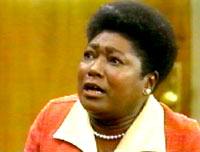 With
ratings sliding, Esther Rolle returned to 'Good Times' in the fall of
1978, with a promise from the network that the JJ character would be
toned down. She didn't want his antics totally eliminated, she told
a reporter - "But they can be real. I think there's a happy medium here
somewhere." Nothing was made of the supposed wedding, or of Florida's
new husband. She simply came back alone. With
ratings sliding, Esther Rolle returned to 'Good Times' in the fall of
1978, with a promise from the network that the JJ character would be
toned down. She didn't want his antics totally eliminated, she told
a reporter - "But they can be real. I think there's a happy medium here
somewhere." Nothing was made of the supposed wedding, or of Florida's
new husband. She simply came back alone.
If Rolle's return was supposed to improve things for the Evan's family,
it didn't. The first plotline for the 1978 season - JJ loses his job
at the ad agency and gets involved with drug dealers to support the
family.
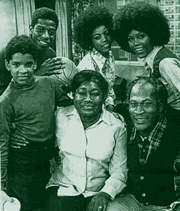 It
was too late to save the Evans family, anyway. The show had lost its
balance (and most viewers) during the previous year. The series was
removed from CBS' schedule in December 1978, but returned in April,
1979. It
was too late to save the Evans family, anyway. The show had lost its
balance (and most viewers) during the previous year. The series was
removed from CBS' schedule in December 1978, but returned in April,
1979.
In
a rare move, a final episode of the series was aired with everyone getting
what they wanted - including JJ, who finally sold his comic strip.
 PART
THREE: PART
THREE:
Controversial episodes and
the death of Ester Rolle!
Good Times PART 1
/ 2 / 3
|
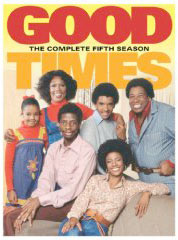
A
catalog of all the classic TV shows on DVD!
Ed
Hum wrote:
Reading your Good Times article made me realize that
there have been a number of actors who were initially hired for supporting
or co-starring roles whose popularity became so overwhelming that they
ended up either taking the lead or sharing the lead for their respective
shows, to the point that other cast members left or the dynamics of
the show changed to give these people more air time.
Here
are my suggestions - can you name others?
Michael J. Fox, Family Ties
Larry Hagman, Dallas
Jimmie Walker, Good Times
Jaleel White, Family Matters
Henry Winkler, Happy Days,
Joan Collins, Dynasty
Heather Locklear, Melrose Place
Mary Tyler Moore, The Dick Van Dyke Show
Please consider a donation
so we can continue this work!
Amazon Prime - unlimited streaming
of your fave TV shows and movies!
Get your FREE 30 Day Trial!
PR4 & PR5 Pages for Advertising
|
